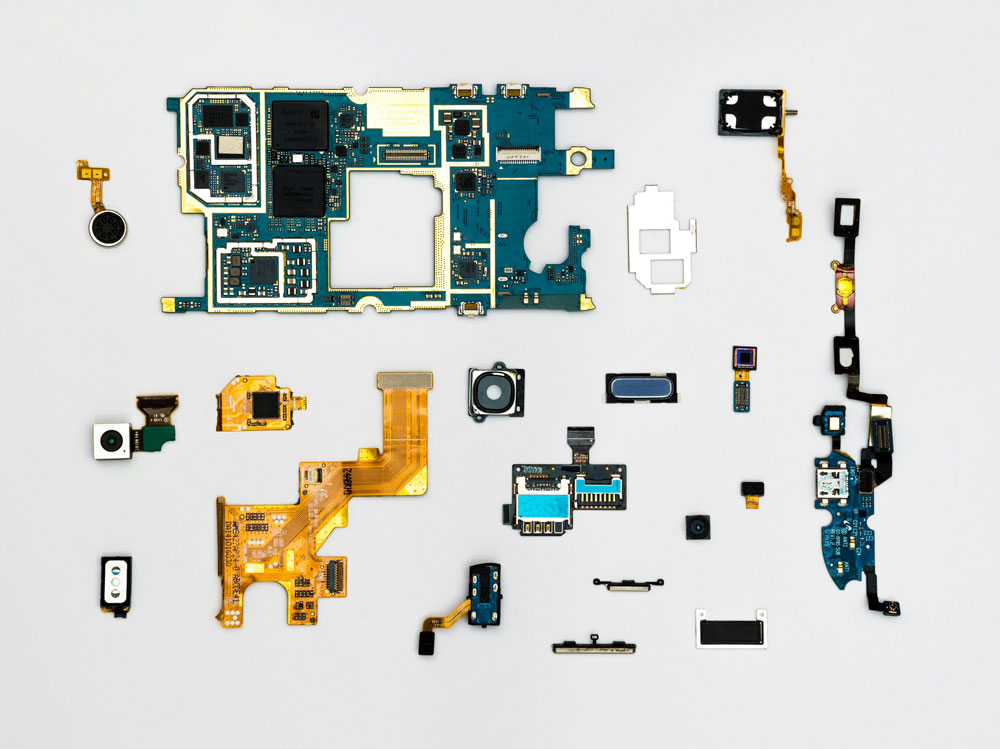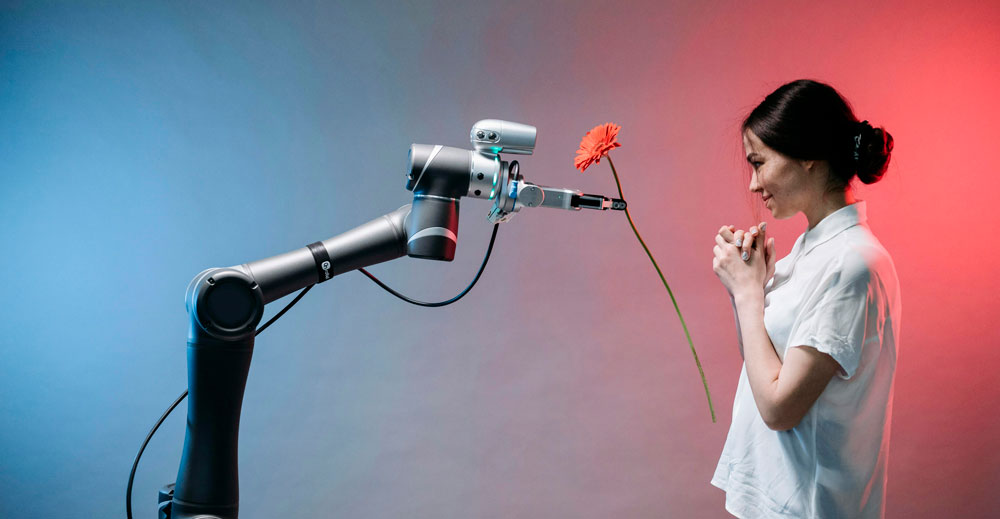
AI: Embracing Change or Falling Behind

What does this mean for EAs/PAs/Private PAs and Chief of Staff?
Automation of Routine Tasks
- With the help of AI driven scheduling assistants (like Clara and xAI), certain administrative tasks such as scheduling meetings, managing complex travel itineraries, handling correspondence, and organising calendars can be automated. Scheduling assistants are equipped to automatically avoid scheduling conflicts and will suggest optimal meeting times based on the availability of all relevant parties. This minimises the need for EAs, PAs, Private PAs and CoS to handle these tasks manually allowing them to concentrate on higher-level responsibilities like project management and fostering important relationships.
- Other routine tasks including the management of documents can be easily automated. The creation, formatting and organisation of files can be completed far more efficiently with AI-powered tools (like Simplifai). These tools will help streamline the process of document management and allow the time of EAs, PAs, Private PAs and CoS to be spent on more complex tasks.
Enhanced Decision-Making and Communication
- Rather than rendering the role of the EA/PA/Private PA and CoS obsolete, AI is actually elevating it to a more central and impactful position. With AI providing real-time insights into executives’ preferences and priorities, Executive Assistants can leverage these data-driven insights alongside their own human strengths – such as creativity, emotional intelligence, and nuanced problem-solving. This synergy allows them to anticipate needs and deliver exceptional support that goes beyond mere task management. By effectively interpreting AI-generated data, EAs can proactively address their principal’s requirements before they arise, significantly enhancing their value and influence in an organisation.

- AI can also significantly enhance the communication capabilities of EAs, PAs, Private PAs and CoS by making certain that communication is both effective and efficient. One of the ways this is ensured is through the prioritisation and categorisation of emails, where AI can automatically sort and prioritise emails based on their content, sender, and/or urgency. This allows the EA, PA, Private PA and CoS to respond to the most important messages first. Where appropriate, AI can also summarise lengthy emails or threads by highlighting the key points, allowing the reader to respond effectively without having to read every detail.
In this new landscape, the most successful EAs, PAs, Private PAs and CoS will be those who embrace AI, not as a threat, but as a powerful ally.
Crisis Management
- Crisis management is an extremely important element of the EA, PA, Private PA and CoS roles. AI can play a pivotal part in managing and mitigating the risk of crisis, through enhanced situational awareness and streamlined communication; both of which are crucial during critical moments. For example, risk assessment can be made through the data collected by AI as it continuously monitors social media platforms, news outlets and blogs for any potentially negative mentions of an individual, a company or its leadership. Through real-time monitoring AI gives EAs, PAs, Private PAs and CoS the information and the time needed to act before a crisis can escalate.

Bots VS Bosses: Why EAs Are Here to Stay
While the roles of Executive Assistants (EAs), Personal Assistants (PAs), Private PAs and Chiefs of Staff (CoS) are certainly here to stay, the evolving landscape demands that they adapt and capitalise on the unique human qualities that AI cannot replicate.
In an age where AI handles routine tasks and data analysis, the true value of an EA lies in their ability to deliver personalised, intuitive support. It’s the little things that make the difference – like discerning that your boss secretly appreciates trendy restaurant recommendations, despite claiming they are too ‘hipster’, or recognising that she prefers sugar in her coffee, even if she won’t openly admit it.
These subtle, nuanced aspects of human interaction are where EAs excel, providing a level of personal touch and attention to detail that technology alone cannot offer. Embracing these human-centric skills will allow EAs to thrive in their evolving roles, ensuring their continued relevance and impact.
The Irreplaceable EA: Skills to Sharpen in the Age of AI
- Emotional Intelligence: Being able to sense when your boss is stressed and not wanting to be interrupted, and providing the right support, like adjusting their schedule or screening calls effectively, requires emotional intelligence and understanding.
- Personal Preference: Remembering and accommodating subtle personal preferences such as knowing that your boss likes to have fresh roses on their desk, or prefers to work from home on Fridays, even if it’s not explicitly mentioned.
- Discreet Handling of Sensitive Information: Managing or safeguarding sensitive or confidential information with discretion or intuition, like knowing when to keep certain details private.
- Understanding Complex Relationships: Navigating and managing complex interpersonal relationships and dynamics within the organisation, such as knowing how to handle office politics or subtle conflicts.
- Interpreting Non-Verbal Cues: Picking up on non-verbal cues or body language to gauge their boss’s mood or preferences, which requires a level of personal interaction that AI might not fully comprehend.
- Making Judgement Calls: Using intuition and judgement to make decisions that involve complex factors beyond straightforward data, such as prioritising tasks or managing conflicting demands based on the context of the situation.

Making Your Mark: Distinguishing Yourself as an EA
Being an Executive Assistant, Personal Assistant (PA), Private PA and Chief of Staff, are all sought-after careers that command competitive salaries and offer significant influence within organisations. The demand for top-tier professionals in this field has surged, making it more crucial than ever for EAs to distinguish themselves in a competitive market.
- Education: A university degree, or a certification such as those from OMBS in Oxford, QUEST in London or Pitman can set candidates apart. A high level of education not only open doors to top-level positions, but also fosters critical-thinking, problem-solving and decision-making skills – areas where AI still falls short. By continuously expanding their knowledge and staying updated on emerging trends, educated EAs remain agile and competitive, ensuring they are not only indispensable in the age of AI, but also positioned for long-term success in their careers.
- Personality Traits: In a world where AI is taking on more and more tasks, personality traits such as adaptability and proactivity will set the best EAs apart. In a landscape where technology is constantly shifting, EAs who can pivot and embrace new software are the ones who will stay ahead of the curve. Instead of getting bogged down by change, these EAs see it as an opportunity to step up, taking on more meaningful opportunities that go beyond what AI can handle. Proactivity is also key. The best EAs don’t just wait for tasks to land on their desk – they anticipate needs and tackle challenges before they become issues. They don’t just react to situations; they shape them.

In the end, AI isn’t here to replace EAs, PAs, Private PAs and Chief of Staff – it’s here to empower and support them, pushing their roles to new levels of influence and importance. The integration of AI into these roles enhances their abilities, providing them with tools to perform their duties with greater precision, speed and strategic insight. Automating time consuming, menial and repetitive tasks with AI allows EAs, PAs, Private PAs and CoS to focus on more complex tasks that necessitate human judgement, relationship building, creativity and interpersonal skills. By embracing change, investing in the right talent and fostering an environment of continuous learning and adaptation, companies can ensure that EAs add demonstrable value to the bottom line, giving competitive edge and remaining as indispensable as ever.
Knightsbridge Recruitment is a boutique consultancy which has been placing stand-out candidates in the most sought after permanent, temporary and part-time Chief of Staff, Executive Assistant, Personal Assistant, Private PA and executive office support jobs in London, for over 35 years. If you would like advice on hiring and retaining exceptional staff, we would love to help - please call us.
